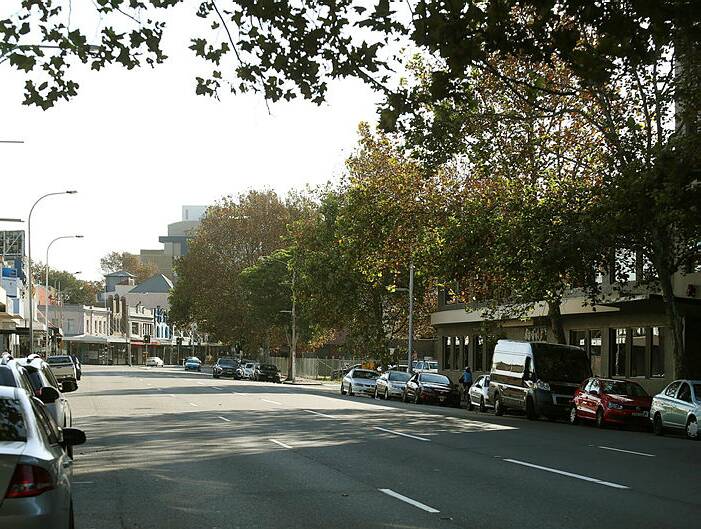
Vacant buildings on Newcastle's Hunter Street, long wait times at regional pubs, and calls for more teachers in our schools: the region's staffing shortage continues at critical rates despite slow relief in most parts of the country.
Almost 6900 job advertisements were listed in the Hunter during July this year, up from 6500 - a 6.1 per cent increase - in the same month a year prior.
Unemployment rates in Newcastle and Lake Macquarie dropped to 2.8 per cent in May - a historic low. But at the same time, the national unemployment rate grew slightly to 3.7 per cent, up from 3.5 per cent in June. About 14600 people lost their jobs nationwide during the month despite experts anticipating staffing levels to remain challenging.
The reason our region is "bucking the state average" with a still-tightening labour market is unclear, Sheena Martin of Business Hunter told the Newcastle Herald. This, Ms Martin said, made it hard to solve staffing issues.
"It is a bit of a conundrum," she said. "It just continues to defy gravity.
"There is no dataset which allows us to understand it at this stage. [There] is a real gap in understanding this phenomenon in the Hunter.".
The Labour Market Data Dashboard collates information from key bodies like the Australian Bureau of Statistics (ABS) and Jobs and Skills Australia. It provides a breakdown on market data, but there is limited research on causes behind labour market figures.
"There is not really a member group we speak to who isn't lamenting huge issues in being able to recruit the right people," she said. "We are seeing figures now in the labour market that we haven't seen for 50 years."
The Regional Australia Institute (RAI) found in July that 46 per cent of workers in capital cities would move to the regions for better pay. Two in five would move for work if financial incentives were involved.
"The critical unavailability of housing then becomes a huge issue," Ms Martin said. "There's potentially really fantastic jobs - high-paying jobs in certain sectors - but there is no housing stock for those workers."
Ms Martin held concerns for the Hunter's job market as local roles in the clean energy sector began to be rolled out.
"We really need to dial up our capacity in a huge way. A lot of businesses and employers are really worried about how we are going to cater for that growth," she said.
Search for highly-skilled employees in the Hunter remained strong, according to the labour market dashboard. Both this July and last, calls for workers with an undergraduate degree or higher made up about 30 per cent of online job listings.
And the Hunter hospitality industry had again been hit: waiters came back into the top eight occupations advertised after not being listed the year prior, with 157 positions available.
RAI chief executive Liz Ritchie said shortages across the board led to "attitude over aptitude" hiring in a bid to keep doors open.
"You may not get your list of prerequisite skills. You might have to compromise and say: 'Well, I can see they've got the [right approach] and I can expand on particular areas'," she said.
For Yaron Hallis, owner of Abermain-based music venue and cafe, Qirkz in the Hunter, a search of adequately-skilled staff continued close to a year after opening.
"It is incredibly difficult," Mr Hallis said. "It is hard enough in a place like Sydney to find staff where there's a lot more backpackers and tourists who have visas that allow them to do a certain amount of hours.
"In a regional centre, it's extraordinarily challenging."
The musician and art collector said there was "no shortage of people who put up their hands" but many were "extraordinarily unqualified", which could put stress on current employees.
But despite the tightening labour market, Ms Ritchie believed more workers would call the Hunter home in coming years.
"It all comes back to quality of life. Australians of all ages are reconsidering what work looks like for them, what life looks like for them."







